The Great Sea Reef (GSR) in Fiji is the world’s third largest barrier reef, after the Great Barrier Reef in Australia and the Mesoamerican Reef in Central America. It’s also called “Bainivualiku” or “Cakaulevu”, which means protector of the north or big reef in the local language. The GSR extends for over 450 kilometers (280 miles) in length, from the western coast of Viti Levu (at the tip of the Yasawa Islands) to the northeast point of Vanua Levu (Udu Point). Although it is not well known to many, this reef is a significant part of Fiji’s ecosystem but it’s currently in need of preservation and protection.
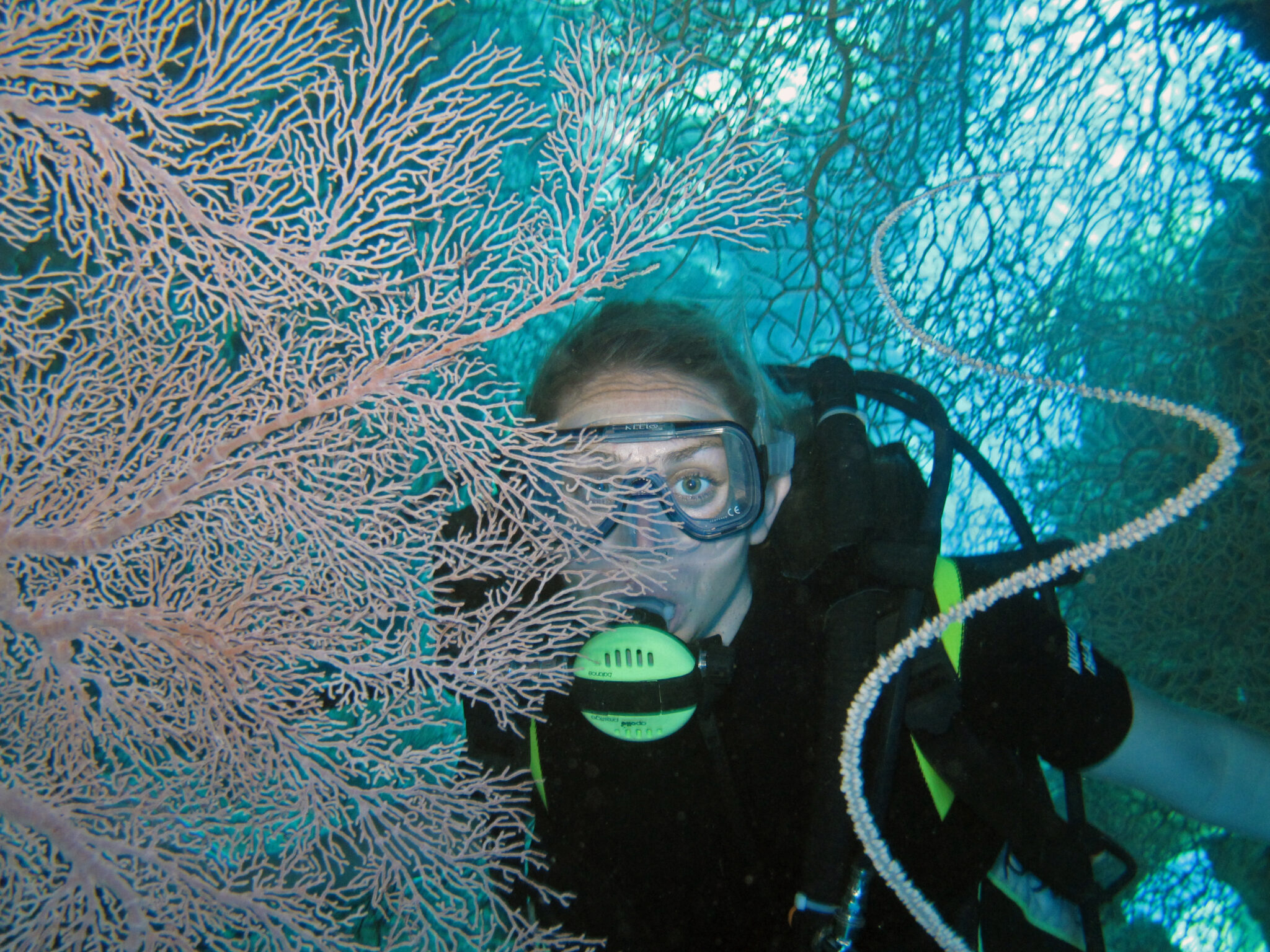 Image courtesy of the Great Sea Reef Divers
Image courtesy of the Great Sea Reef Divers
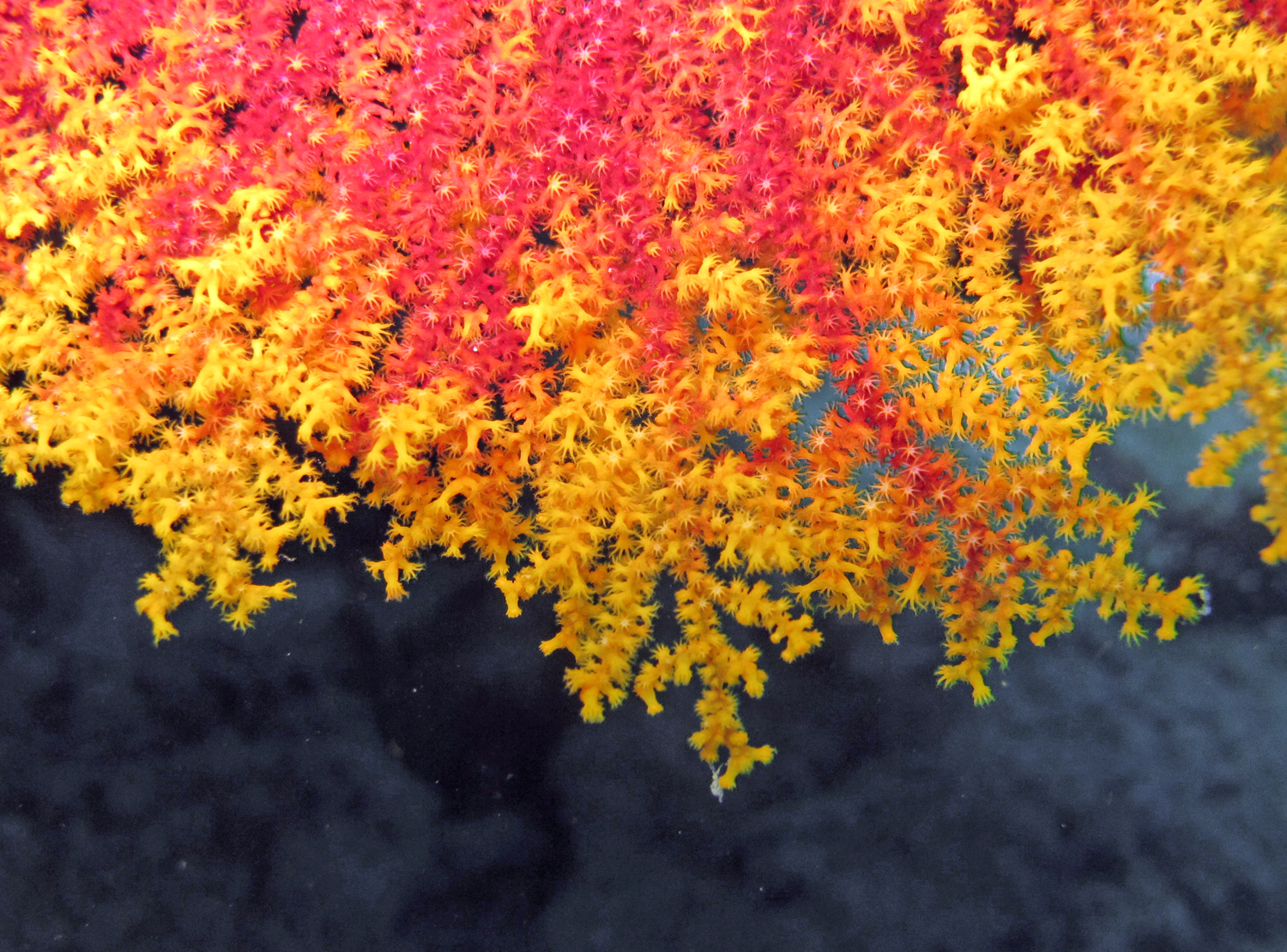 Image courtesy of the Great Sea Reef Divers
Image courtesy of the Great Sea Reef Divers
The GSR is home to a diverse marine population and is estimated to support 74% of all coral species, 55% of all reef fish species (although this figure is predicted to actually be up to 80%), 40% of all marine flora and 44% of Fiji’s endemic reef fish species. The reef also boasts mangrove ecosystems and seagrass beds. In addition, the Great Sea Reef also serves as a refuge for 12 threatened species on the IUCN Red List, including humphead parrotfish, manta rays, and several groupers and sharks. Because the reef has fully been surveyed, the above figures only show a rough estimate of the species present, and many scientists believe the reef is home to an even greater amount of biodiversity.
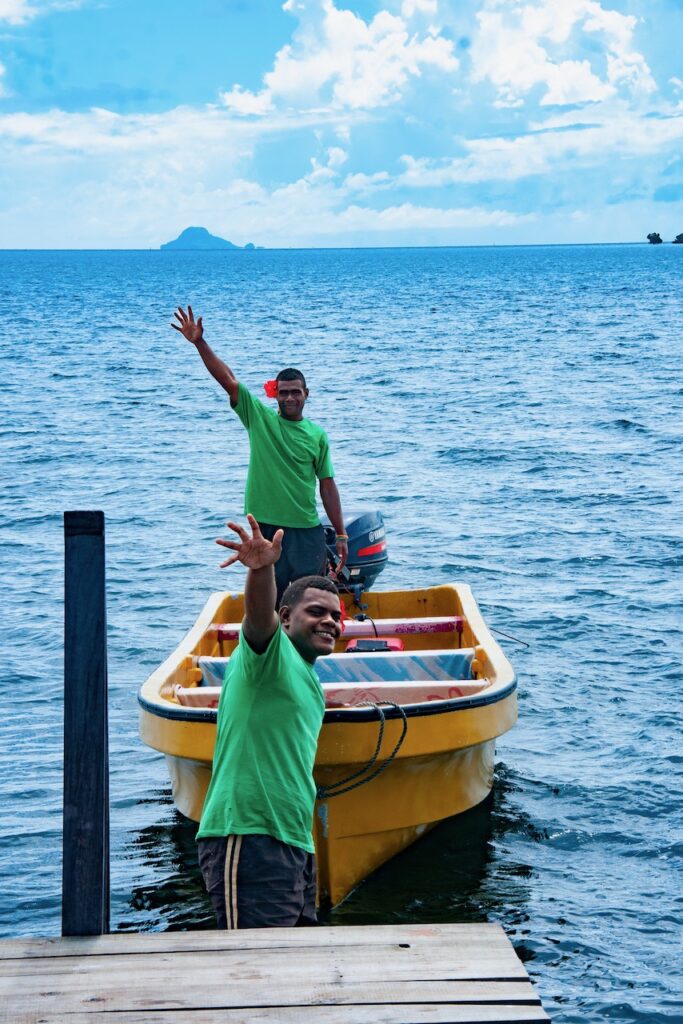 Image courtesy of the Great Sea Reef Divers
Image courtesy of the Great Sea Reef Divers
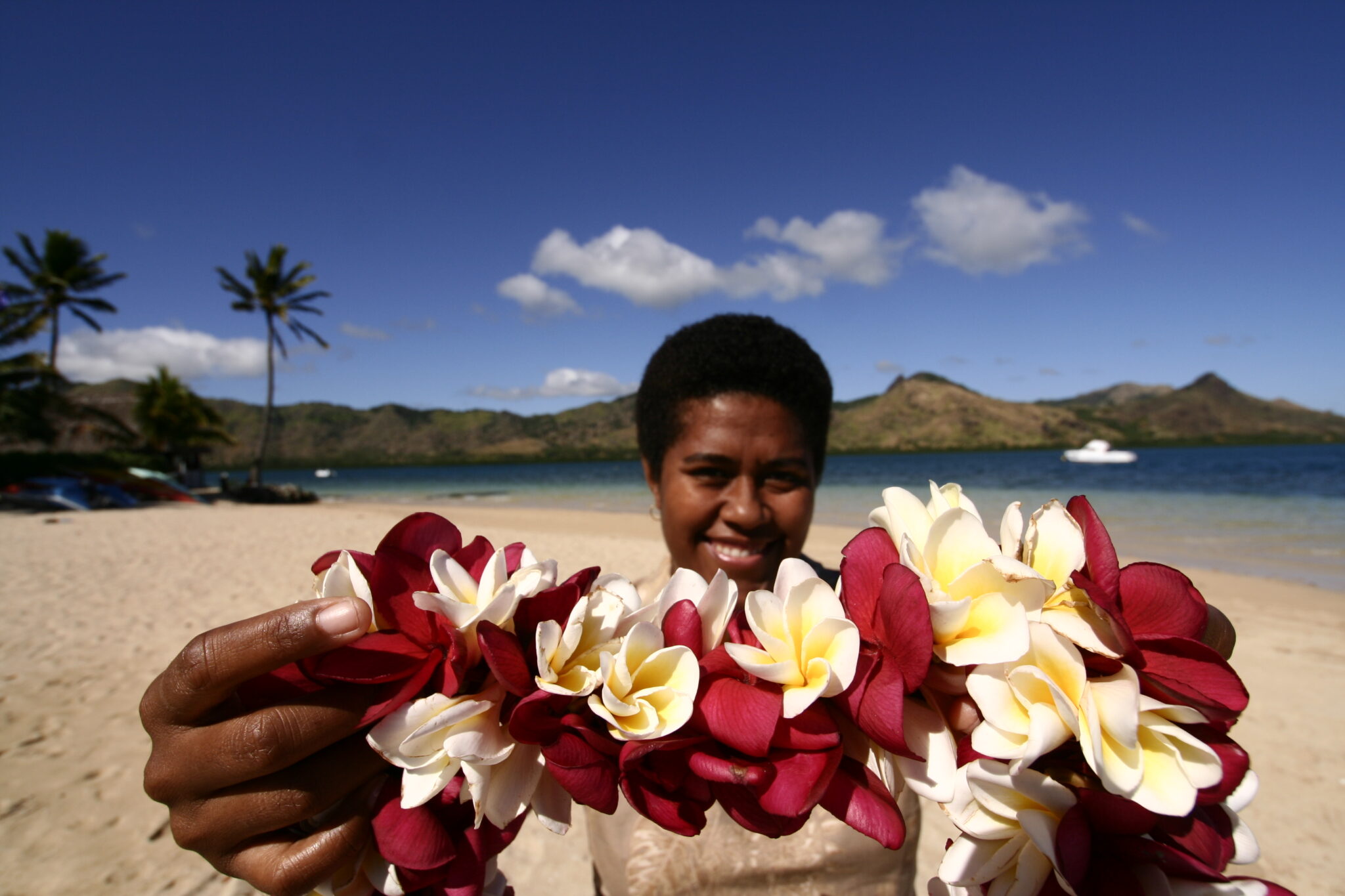 Image courtesy of the Great Sea Reef Divers
Image courtesy of the Great Sea Reef Divers
For centuries, the reef has been an integral part of Fijian culture, serving as an identity for the coastal communities that surround it. It provides livelihood, sustenance and protection, while also fostering fisheries and tourism sectors. The reef supports at least a tenth of the population of Fiji as a primary revenue source. In fact, this ecosystem is estimated to have produced FJD 47.5 million (USD $21.5 million) for the Fijian economy in the past decade.
Fiji’s coastal communities, which are deeply connected to the GSR, have traditionally learned essential life skills from the reef – such as fishing techniques, boat navigation, understanding weather patterns, tides and wave behaviors. Meanwhile, the local seafarers possess an intimate understanding that staying within the confines of the GSR ensures safety from adverse weather conditions, surges and other potential dangers.
 Image courtesy of the Great Sea Reef Divers
Image courtesy of the Great Sea Reef Divers
Despite its resilience to global sea warming, the Great Sea Reef is under threat from manufacturing pollution, unsustainable agriculture, urban expansion, untreated wastewater and overfishing. As a result of human-induced climate change, the reef has also recently been faced with a series of intense cyclones and bleaching events. Altogether these threats and events cause damage to the reef’s delicate ecosystem, which has been especially seen in the decline of the number and size of marine species.
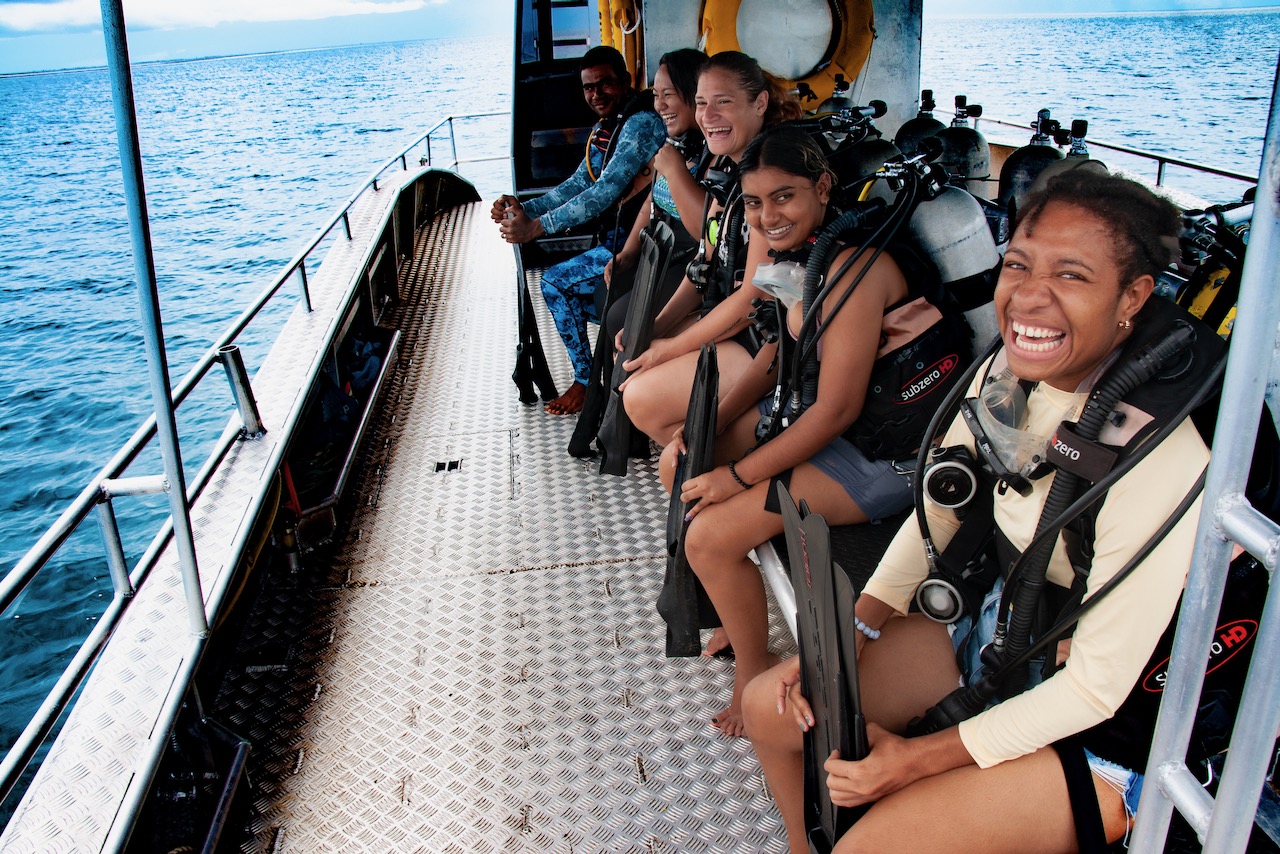 Image courtesy of the Great Sea Reef Divers
Image courtesy of the Great Sea Reef Divers
Some Non-Governmental Organizations (NGOs) have extended their support to the GSR through conservation efforts. These include the World Wildlife Fund (WWF) which partners with the Fiji government, local organizations, businesses, and other stakeholders to develop stronger policies in order to implement sustainable and community management for a healthier reef. Communities are also encouraged to explore alternative livelihoods to reduce pressure on both fishermen and local wildlife, fostering sustainable economic opportunities beyond fishing.
Meanwhile, Great Sea Reef Divers, a PADI Resort and the only dive center that has access to the GSR, collaborates closely with local NGOs, providing resources and assistance during their field projects.
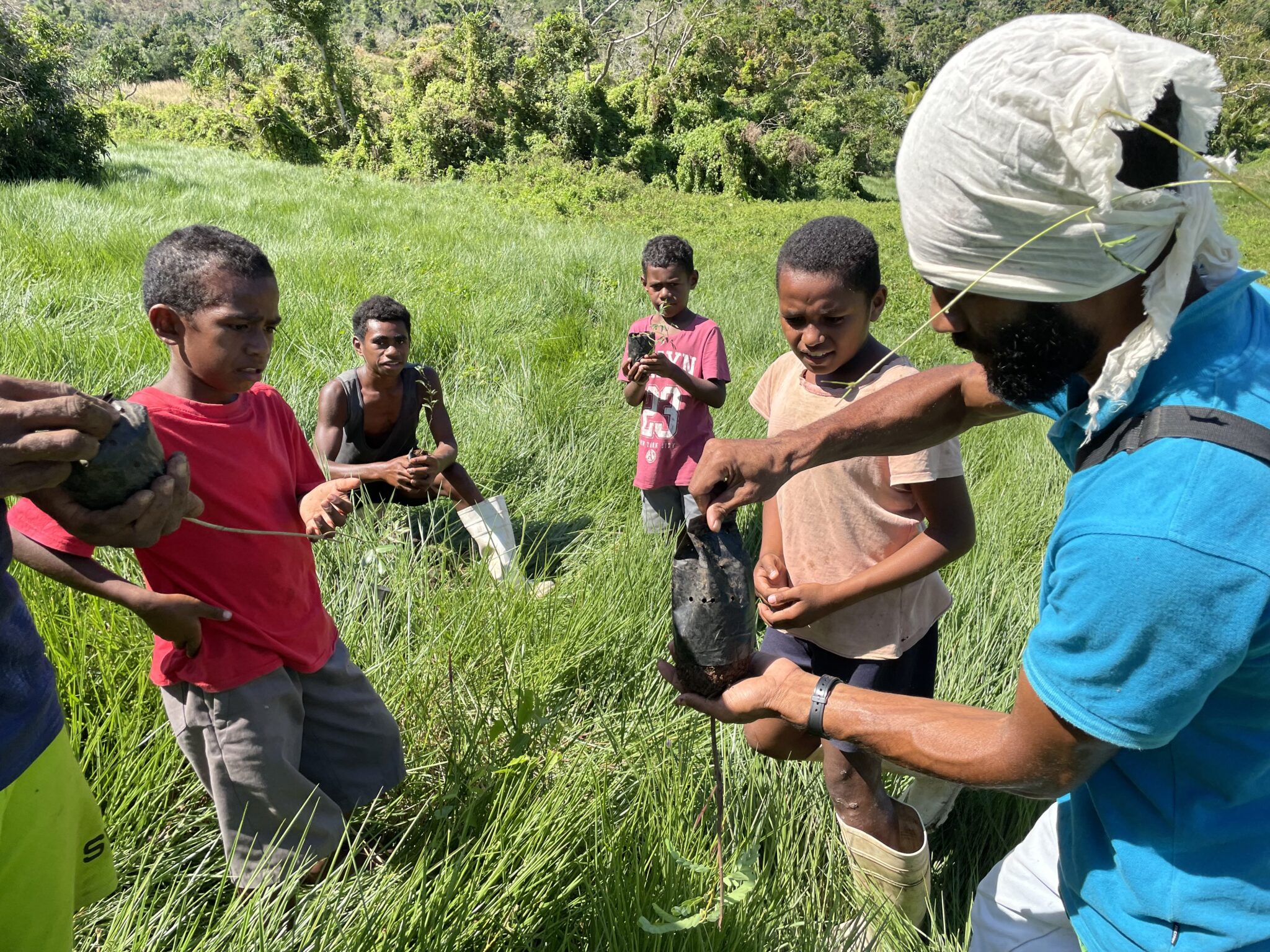 Image courtesy of the Great Sea Reef Divers
Image courtesy of the Great Sea Reef Divers
Great Sea Reef Divers aims at raising awareness and actively engaging in conservation efforts. They employ social media platforms and local youth programs to educate communities about the reef’s significance and the threats it faces. Through partnerships with organizations like Duavata Sustainable Tourism Collective, the dive shop organizes educational programs for youths on interconnected ecosystems and sustainable practices, emphasizing the link between land developments and the reef’s vitality.
The dive shop’s focus remains on nurturing an appreciation for the GSR among future generations, prioritizing community impact over commercial success, and instilling in their guests the importance of supporting local communities and preserving the environment through their stay or diving experience.
 Image courtesy of the Great Sea Reef Divers
Image courtesy of the Great Sea Reef Divers
Fiji’s Great Sea Reef is one of the last pristine marine areas in the world with limited exploration and discoveries that are yet to be fully uncovered. While it is amazing to witness collaborative efforts toward its conservation, more individuals will need to spread awareness in order to preserve Fiji’s biggest natural asset. By taking action to conserve its biodiversity, we not only safeguard the reef but also show care for the communities depending on it. Together, our combined efforts can make a significant difference in ensuring a sustainable future for the GSR.
Learn More About Diving the Great Sea Reef
This article wouldn’t be possible without the contributions of Great Sea Reef Divers and information gathered from the World Wildlife Fund (WWF).
Share This